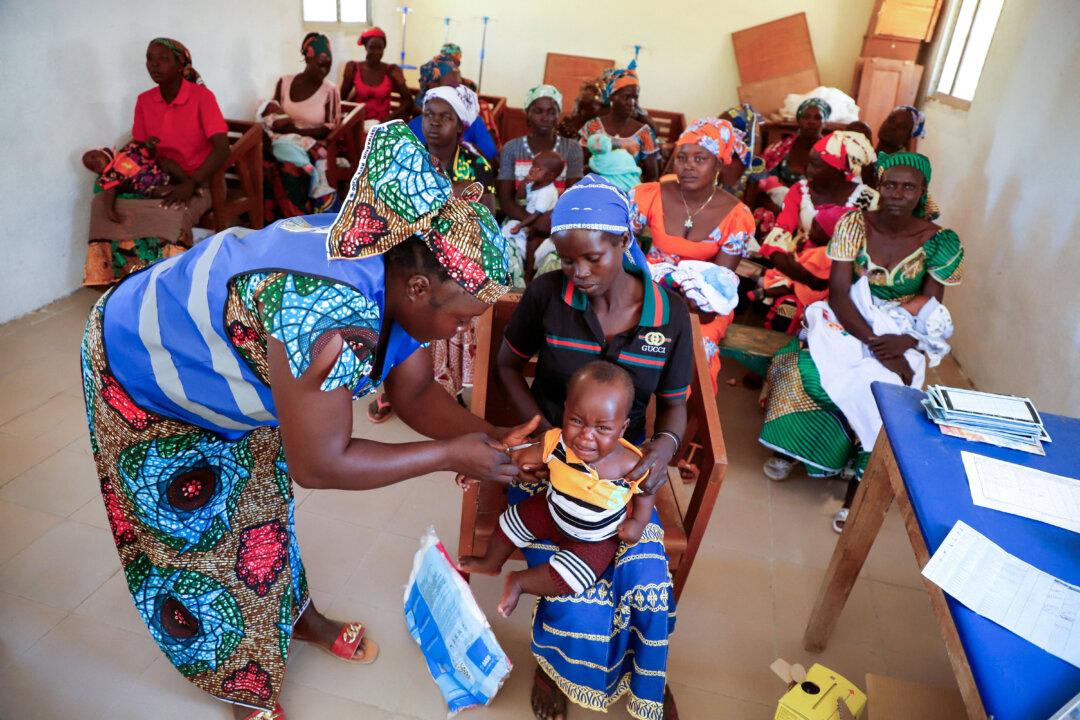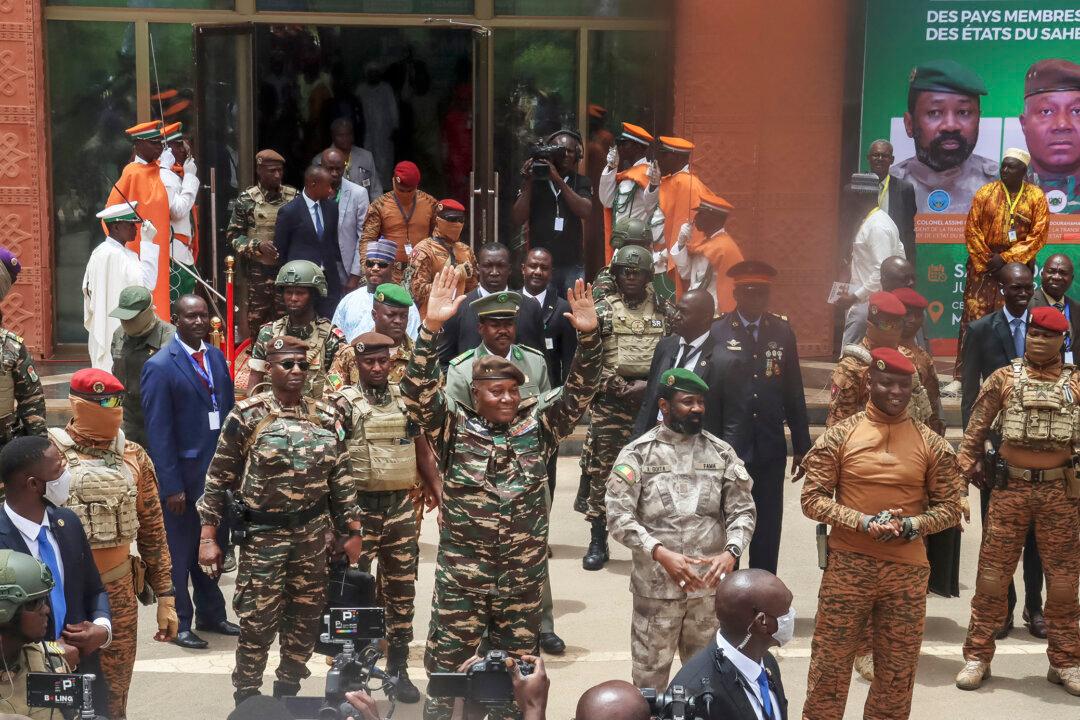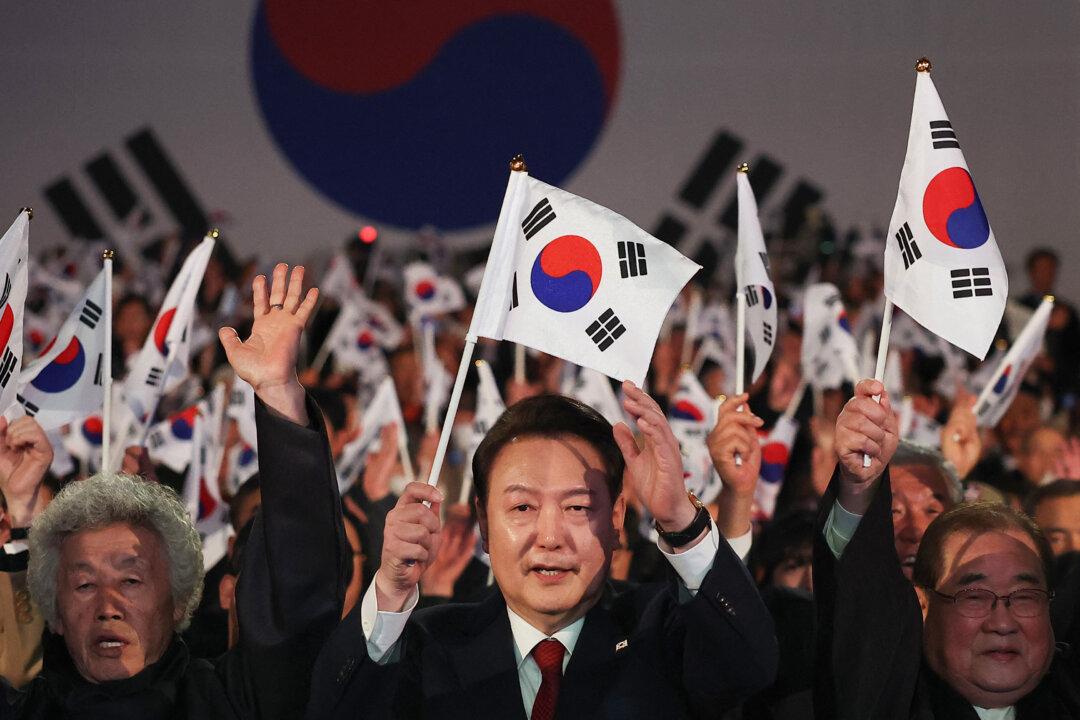A diplomatic spat between Germany and Chad has again brought attention to the delayed return to democracy in the oil-rich Central African nation—still reeling from multiple crises two years after long-term leader Idriss Deby Itno died while fighting rebels.
On April 11, Berlin ordered Chad’s ambassador to Germany, Mariam Ali Moussa, to leave the country within 48 hours in response to a similar move by the landlocked country’s transitional authorities.





